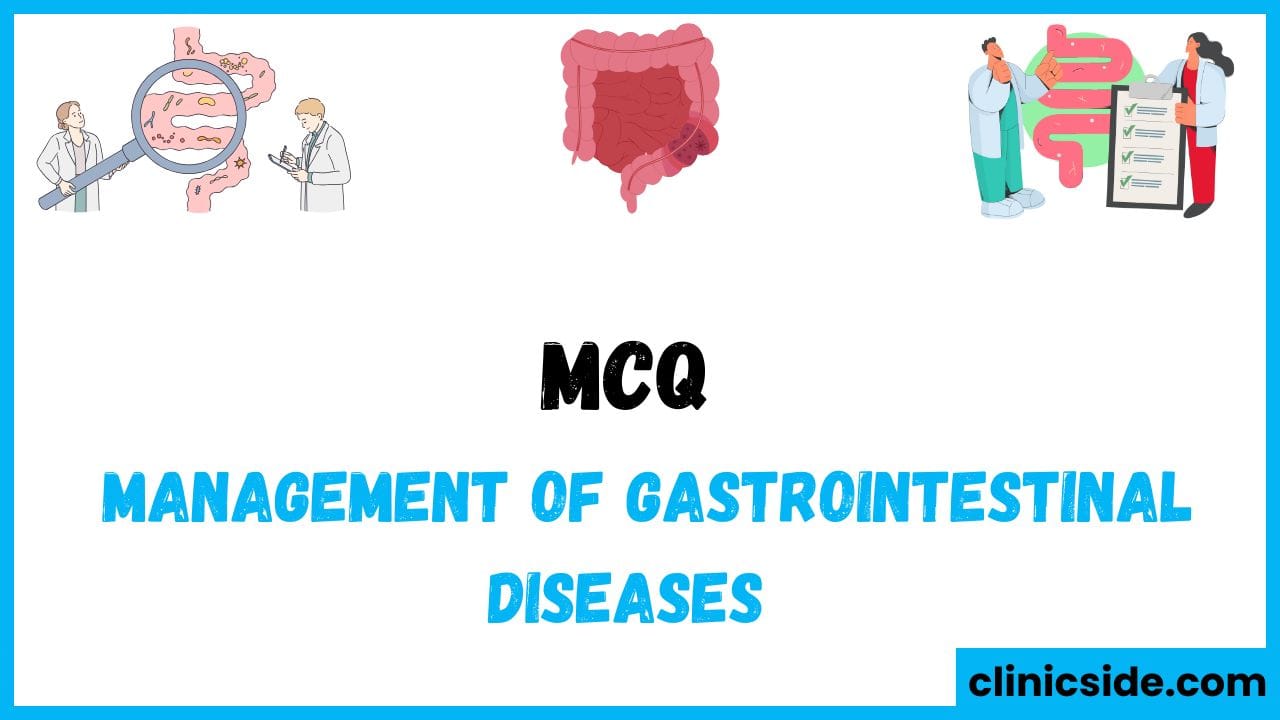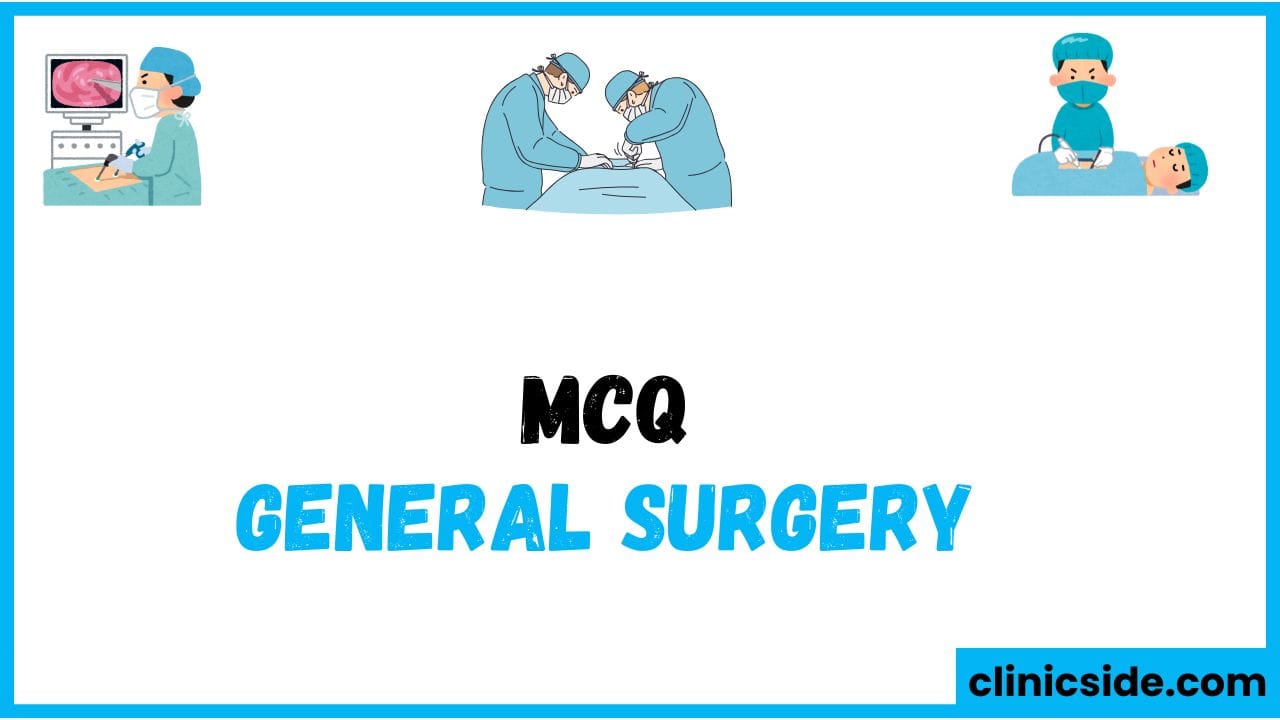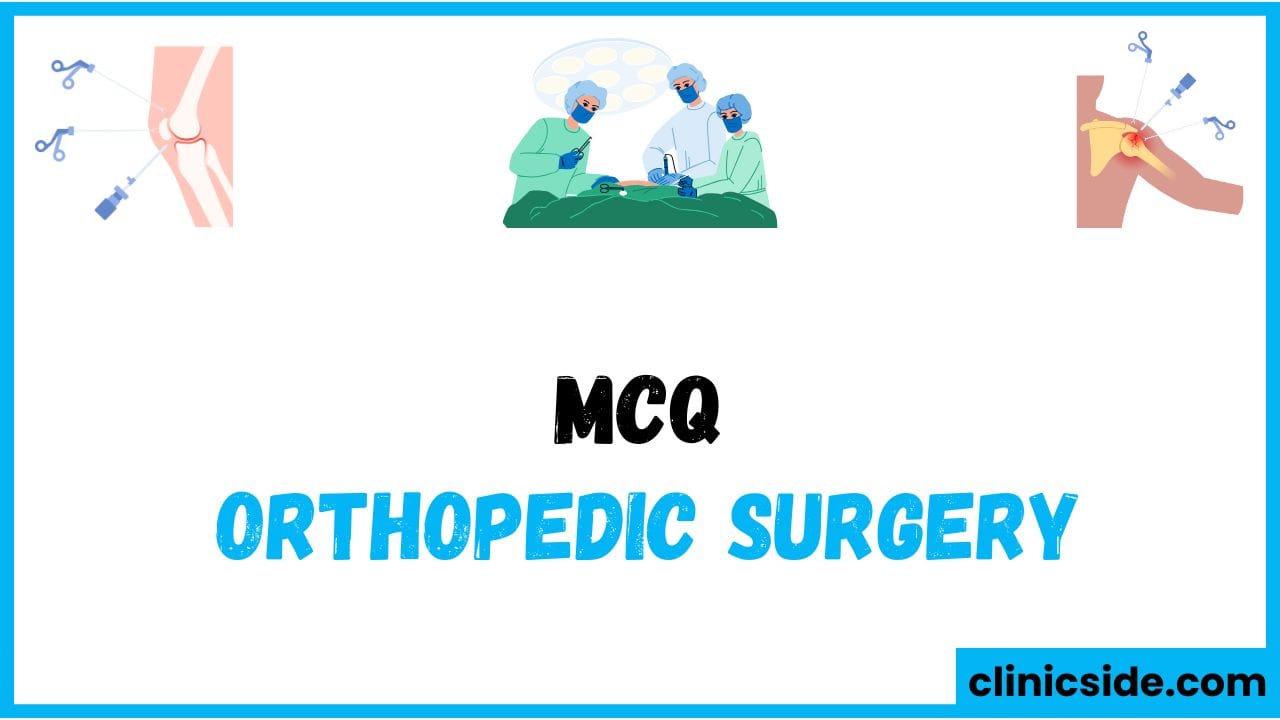Quiz
Available options: 1 to 20
Detailed description on Management of Gastrointestinal Diseases:
Appendectomy and Surgical Indications
Appendectomy is primarily indicated for acute appendicitis, an infection and inflammation of the appendix that can lead to rupture and peritonitis if not treated promptly. The procedure involves the surgical removal of the appendix. Appendectomy remains the most common and effective treatment for this condition, preventing further complications and managing infection.
Complications of Bariatric Surgery
Bariatric surgery, designed to aid weight loss, carries risks such as malabsorption. After the surgery, patients may have difficulty absorbing essential nutrients, leading to deficiencies in vitamins and minerals, particularly B12 and iron. Proper postoperative care includes nutritional monitoring and supplementation to prevent long-term health issues.
Cholecystitis Management
The treatment of acute cholecystitis typically involves cholecystectomy, the removal of the gallbladder. Acute cholecystitis is most often caused by gallstones blocking the cystic duct, leading to inflammation and infection. Cholecystectomy, often done laparoscopically, effectively resolves the condition and prevents further complications such as gallbladder rupture.
Management of Portal Hypertension and Variceal Bleeding
In patients with cirrhosis and portal hypertension, trans jugular intrahepatic portosystemic shunt (TIPS) is a procedure commonly used to manage variceal bleeding. TIPS helps reduce the high pressure in the portal vein by creating a shunt between the portal and hepatic veins, effectively preventing further bleeding episodes.
Upper Gastrointestinal Bleeding Causes
Peptic ulcer disease is the most frequent cause of upper gastrointestinal bleeding. This occurs when ulcers erode blood vessels in the stomach or duodenum, leading to hemorrhage. Treatment involves managing the ulcer with proton pump inhibitors (PPIs), endoscopic interventions to control bleeding, and sometimes surgery for severe cases.
Postoperative Complications after Bowel Resection
Anastomotic leaks are a serious complication following bowel resections. This occurs when the surgical connection (anastomosis) between two parts of the bowel fails, leading to leakage of bowel contents into the abdominal cavity. This can result in peritonitis and requires urgent treatment, including surgical repair.
Pancreatic Cancer and Surgical Treatment
The Whipple procedure is the primary surgical treatment for pancreatic cancer located in the head of the pancreas. This complex surgery involves removing the pancreatic head, duodenum, gallbladder, and part of the stomach. The goal is to remove the tumor and provide the patient with a chance for improved survival and symptom management.
Gallstones Diagnosis and Treatment
Ultrasound is the gold standard for diagnosing gallstones. It is a non-invasive imaging method that effectively detects stones in the gallbladder and bile ducts. If complications like cholecystitis occur, treatment often involves cholecystectomy. Early detection of gallstones via ultrasound can prevent serious conditions such as infection or gallstone-induced pancreatitis.
Diverticulitis and Surgical Considerations
Uncomplicated diverticulitis is typically treated with broad-spectrum antibiotics. This condition, caused by inflammation of the diverticula in the colon, can lead to abdominal pain, fever, and changes in bowel habits. In severe cases or if complications arise, surgery may be necessary, but antibiotics are the first-line treatment for non-complicated cases.
Acute Pancreatitis and Diagnostics
The most common symptom of acute pancreatitis is severe epigastric pain that radiates to the back. This condition is usually caused by gallstones or alcohol consumption, and it results in the inflammation of the pancreas. Early diagnosis and treatment are crucial, and a CT scan is commonly used to confirm the diagnosis, allowing for appropriate management and monitoring.
Conclusion
These 10 topics cover essential concepts in surgical practice, emphasizing diagnostic tools, treatments, and complications across a variety of common conditions. Whether managing postoperative care, treating gastrointestinal issues, or addressing serious diseases like pancreatic cancer and diverticulitis, understanding these concepts is crucial for healthcare professionals. This structure highlights both the clinical approaches to treatment and the diagnostic strategies necessary to manage these common medical conditions effectively.





